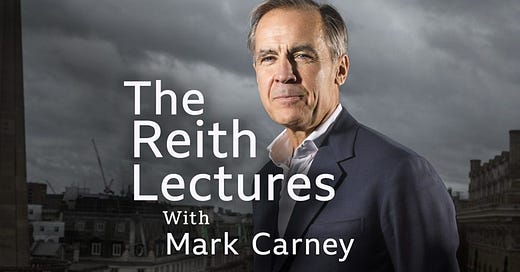“We are what we repeatedly do. Excellence, then, is not an act but a habit”.
- Aristotle
“The whole problem with the world is that fools and fanatics are always so certain of themselves, and wiser people so full of doubts.”
- Bertrand Russell
“If you woke up tomorrow morning and found out you had ten years to live, what would you stop doing?”
- Jim Collins


